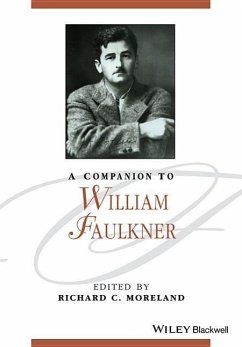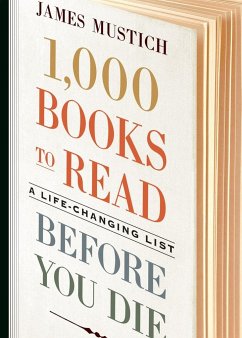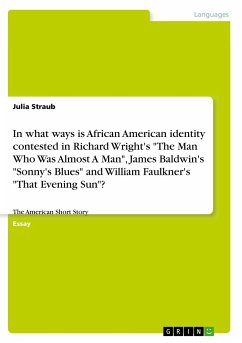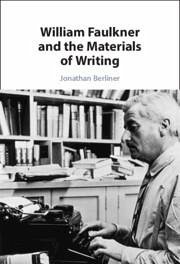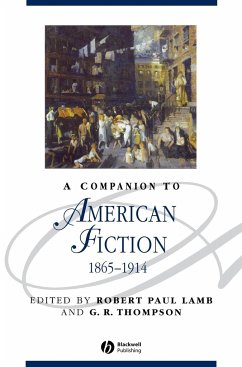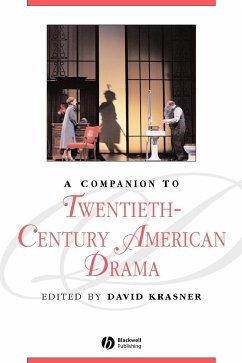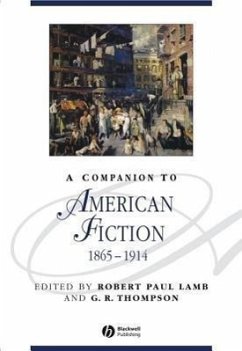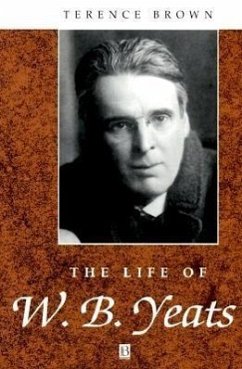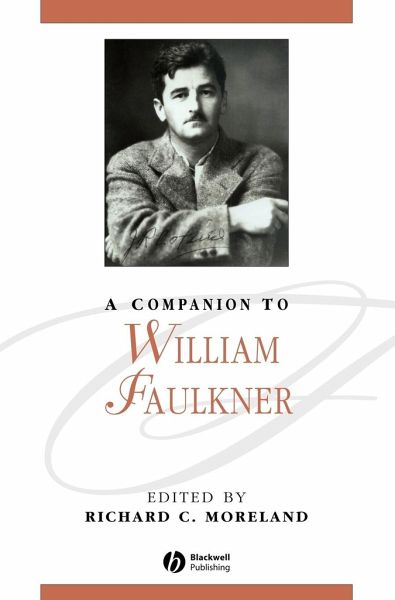
Companion to William Faulkner

PAYBACK Punkte
121 °P sammeln!
Arguably the greatest novelist yet to emerge from the United States, William Faulkner received the Nobel Prize for Literature and the Pulitzer Prize, among other awards, for his narrative reconstructions of life in the US South. Since his death in 1962, scholarly interpretations of Faulkner's work have flourished. This comprehensive Companion reflects the current dynamic state of Faulkner studies. Written by leading scholars, the text is designed to guide readers through the plethora of critical approaches to Faulkner. The volume is divided into five sections focusing on: studies of the contex...
Arguably the greatest novelist yet to emerge from the United States, William Faulkner received the Nobel Prize for Literature and the Pulitzer Prize, among other awards, for his narrative reconstructions of life in the US South. Since his death in 1962, scholarly interpretations of Faulkner's work have flourished. This comprehensive Companion reflects the current dynamic state of Faulkner studies. Written by leading scholars, the text is designed to guide readers through the plethora of critical approaches to Faulkner. The volume is divided into five sections focusing on: studies of the contexts of Faulkner's work; key questions addressed in Faulkner criticism; the genres and forms Faulkner encountered and altered; sample readings of particular works; and responses to Faulkner's writing by publishers, film-makers, writers and others. Each contribution both exemplifies current Faulkner scholarship and critically reflects on previous interpretations.




